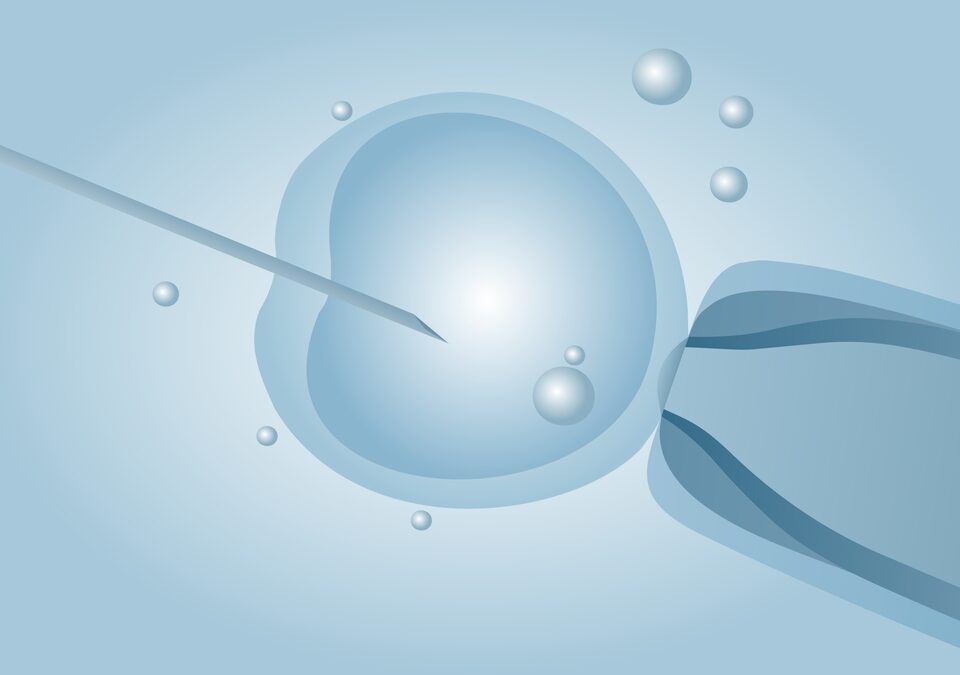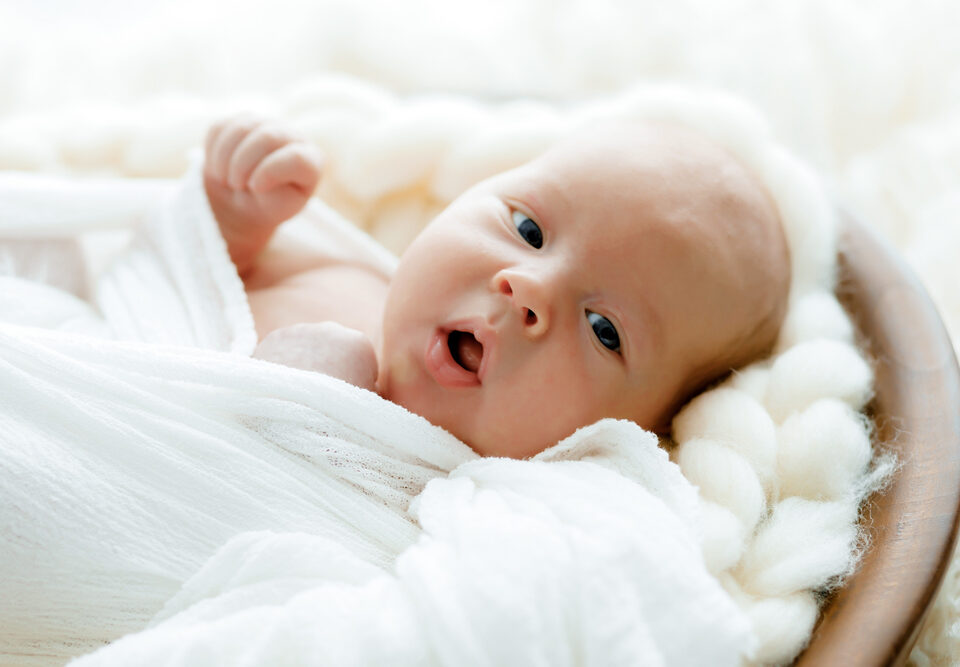On Appeal, Shepherd Declared Mother
十二月 7, 2015Young Boy Looks to European Court of Human Rights for Justice
十二月 16, 2015In a new era of third-party reproduction, courtroom decisions concerning what to do with frozen embryos when a couple calls it quits continue to trailblaze across the nation.
In Northern California, San Francisco Superior Court judge Anne-Christine Massullo sided with Stephen Findley, the ex-husband of Mimi Lee, agreeing that the five cryogenically frozen embryos created by the couple in the wake of Lee’s breast cancer diagnosis should be destroyed pursuant to the agreement signed by the couple at the fertility clinic. Regardless of Lee’s infertility due to breast cancer treatments, Judge Massullo told the parties that a “deal is a deal” when they signed the consent form stating that the five embryos would be destroyed in the event of a divorce.
 While Judge Massullo was sympathetic to the fact that Lee’s embryos were her only chance to have biological children, the contracts she signed superseded her legal plea. In Mercury News, reporter Howard Mintz was quick to point out that while the ruling is not deemed as “final,” it is unlikely to change. Unless the appeals court steps in, the embryos will be destroyed.
While Judge Massullo was sympathetic to the fact that Lee’s embryos were her only chance to have biological children, the contracts she signed superseded her legal plea. In Mercury News, reporter Howard Mintz was quick to point out that while the ruling is not deemed as “final,” it is unlikely to change. Unless the appeals court steps in, the embryos will be destroyed.
The judge indicated, “The court holds that while Lee might have a right to procreate in other circumstances not before the court, she does not have a right to procreate with Findley.”
I agree with the court’s ruling. The consent form was very detailed and thorough regarding disposition of embryos upon death or divorce. The couple was counseled by fertility clinic staff members on each point so they weren’t rushed and made mindful decisions. Both parties initialed each disposition section and signed the document.
In my opinion that should count for something, and thanks to this judge, it does.
Mintz wrote that Lee’s lawyers told the judge that their client, “…went through freezing the embryos to ensure ‘motherhood would not be a casualty of cancer.’”
However, this argument, while sympathetic, didn’t sway the judge.
The judge went on to write, “It is a disturbing consequence of modern biological technology that the fate of the nascent human life, which the embryos in this case represent, must be determined in a court by reference to cold legal principles.” She continued, “The role of a court here at the intersection of a constitutional statute and the agreement of two competent adults is clear.”
What occurred in this California courtroom is taking place around the nation. This past summer, an Illinois appellate court ruled that Karla Dunston, a cancer survivor like Lee, could use the embryos created with her then-boyfriend in order to have biological children. The key difference in that case, however, was that the court found there was an oral agreement between the parties that Dunston could use the embryos in the event of the couple’s separation, and that the ex-boyfriend would then be viewed as a sperm donor.
The ruling in favor of Findley bodes well for Sofia Vergara in her legal battle to ensure that ex-fiancé Nick Loeb cannot use embryos created by the couple during their relationship. While the contract signed by Vergara and Loeb did not specify that the embryos were to be destroyed in the event of separation, it stated that the embryos were only to be used upon mutual agreement. Under the rubric established by Judge Massullo, since Vergara is vehemently opposed to Loeb’s plan to implant the embryos in a surrogate, Loeb should lose his plea. Especially considering that Loeb, unlike cancer survivor Lee, has no compelling reason why the contract should be invalidated to protect his only chance for biological offspring, it is very unlikely that the judge will rule in his favor.



